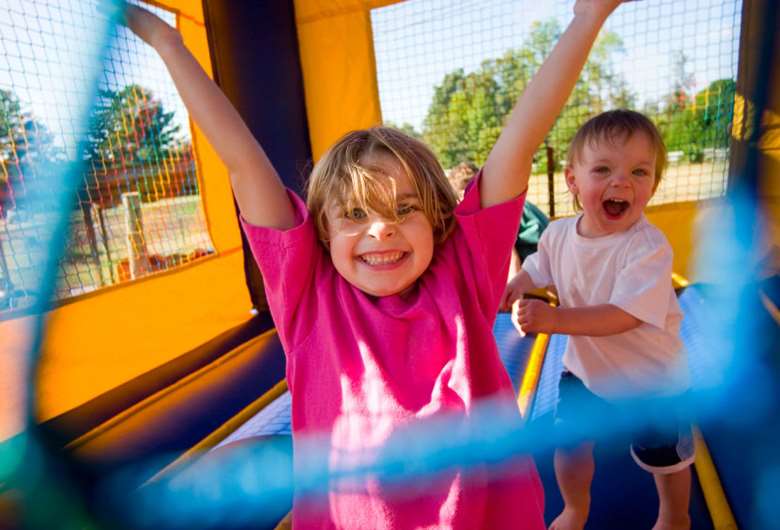Youngest children not active enough
Jo Parkes
Wednesday, January 20, 2016
Just nine per cent of children aged between two and four are doing the right amount of physical activity, experts have claimed.

Analysis of the Health Survey for England 2012 has revealed the alarming numbers, which suggest that 91 per cent of the early years age-group are not active enough.
British Heart Foundation National Centre's Early Years Advisory Group is calling on policy makers to 'embed' at least three hours of daily exercise during these 'vital' years.
Experts claim such young children are 'no different' from adults in terms of their need for a healthy lifestyle.
The Loughborough University-based centre claims young children are 'missing opportunities to positively benefit their health and establish healthy behaviours that carry on into adulthood'.
Being physically active at a young age is proven to support brain development, enhance bone health and muscular development as well as have non-physical benefits to social and cognitive skills development and emotional wellbeing, the BHFNC said.
In a bid to inspire change, British Heart Foundation National Centre (BHFNC) and its Early Years Advisory Group this week launched a The Best Start in Life - a manifesto for physical activity in the early years.
BHFNC director Elaine McNish, said, 'This manifesto is a call to policymakers to ensure that early years settings are supported to create active environments. We know that active children are more likely to become active adults so it’s vitally important to get it right at the beginning to give children opportunities to play from a young age and develop a lifelong love of being active.'
The BHFNC is calling for four key areas of awareness, education, environment and health to be addressed within the home, in early years settings and in the community:
- comprehensive awareness-raising among health and education professionals, and families, of the Chief Medical Officer's physical activity guidelines for the early years;
- greater emphasis and clear guidance to educators on how to promote physical activity in the Early Years Foundation Stage curriculum;
- all children in the early years should have safe, stimulating and accessible physical activity and active travel opportunities in their community;
- health professionals should track physical activity levels and share results with parents, supporting efforts to increase.
Lisa Young, project manager, in prevention and behaviour change at the British Heart Foundation, said, 'We know that physical activity is an important component of a healthy lifestyle for everyone and the under-fives are no different.'
Neil Leitch, chief executive of the Pre-school Learning Alliance said, 'As providers, we know the importance of an active lifestyle and that children are given ample opportunity for physical play.
'However, at a time when there is so much focus on narrower early skills such as literacy and numeracy, it is important that both parents and practitioners ensure that children’s physical development remains a top priority. As such, we welcome any guidance or initiatives that can be offered to support settings’ and parents’ understanding of this issue, and how they can best support children during their formative years.'




